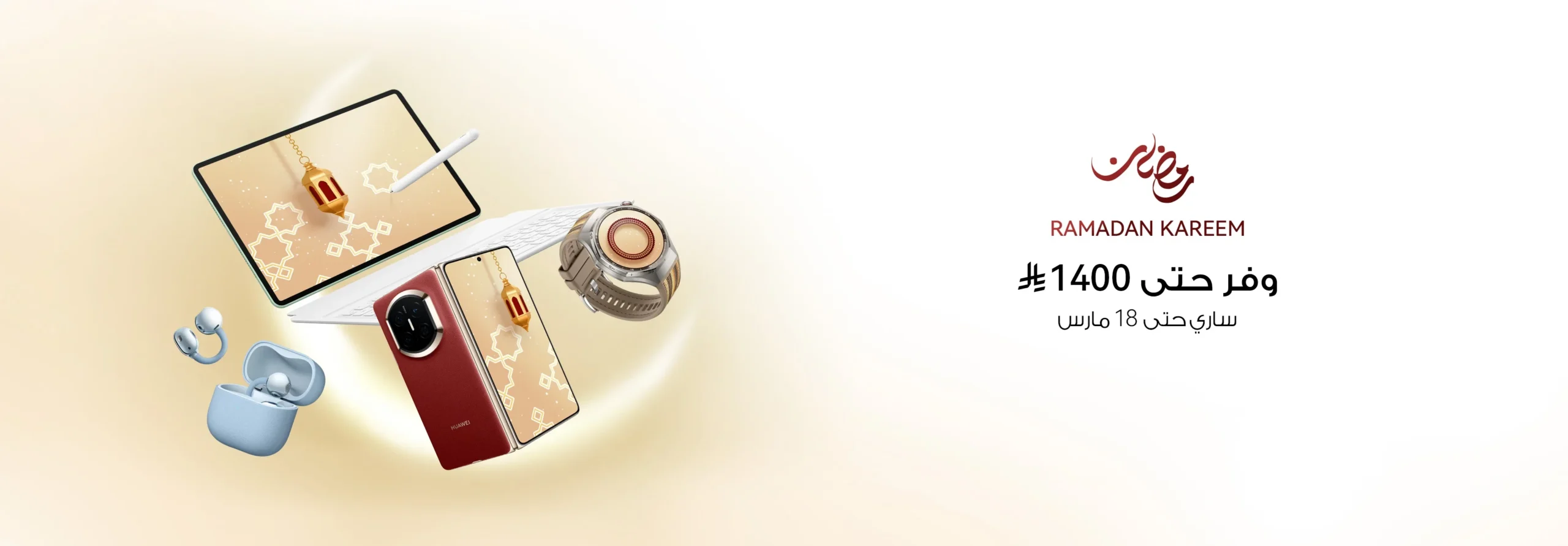Buying a new home while selling your current one can be a challenging process, especially when it comes to coordinating timelines, securing financing, and managing the financial aspects of both transactions. It’s a situation that many homeowners face, but with the right strategies in place, it’s entirely possible to make a smooth transition from one property to another. Whether you’re upgrading to a bigger home, moving to a different location, or looking for an investment property, understanding the process is key.
In this article, we’ll explore the essential steps involved in buying a house while selling yours, the benefits of using financial tools like bank credit cards, how to navigate the complexities of SWIFT codes like BOMLAEAD, and how exchange rates can affect your transactions, especially when dealing with international funds. We will also discuss types of bank cards, the best ways to secure financing, and what you need to consider when choosing the best option for your needs.
The Benefits of Using Bank Credit Cards in Property Transactions
When you’re in the process of buying and selling a home, the financial aspects can often seem overwhelming. Bank credit cards can provide significant benefits during this time, offering an additional layer of flexibility and convenience. Here’s how using a bank credit card can be advantageous:
1. Access to Quick Financing
One of the most significant advantages of credit cards is the ability to access quick financing. When buying a house, you may find that additional short-term funding is necessary for various costs like home inspections, repairs, or down payments. Bank credit cards often come with generous credit limits, and using them wisely can help bridge the gap between the sale of your current home and the purchase of a new one.
2. Rewards and Cash Back
Many credit cards offer rewards such as points, miles, or cash back on purchases. During the home buying process, these rewards can add up quickly, especially with large transactions like home repairs or furnishing a new home. If you plan to make substantial purchases for your home during this period, using a rewards-based card can offer additional value.
3. Building Your Credit Score
Maintaining a good credit score is crucial when applying for a mortgage or a loan to purchase a new home. Using a credit card responsibly can help build and maintain a positive credit score, which may make it easier to secure favorable loan terms. Regular, on-time payments will show lenders that you are financially responsible, which can benefit you during the home-buying process.
Swift Code BOMLAEAD
When dealing with international financial transactions, particularly if you’re moving funds across borders, understanding the swift code bomlaead is essential. This unique identifier is used to ensure that your international transfers are processed smoothly and securely.
Whether you are transferring funds for a down payment on your new home, paying for fees, or receiving proceeds from the sale of your current property, you’ll likely need to use a SWIFT code to facilitate the transaction. To make sure your international payments are processed without delays, always ensure that you have the correct swift code bomlaead, for your bank.
For example, when working with banks in the UAE or across the globe, the swift code bomlaead will direct the payment to the correct institution. If you’re sending funds from abroad, you may need to provide the recipient’s SWIFT code for proper routing. You can find this information at most banking institutions or financial service providers that process international payments.
How Exchange Rates Impact International Transactions
When buying or selling a home, especially in international markets, you may encounter exchange rates that can significantly impact the cost of your transaction. Exchange rates fluctuate constantly, and this can affect how much you’ll pay or receive when transferring funds internationally.
For example, if you’re selling your home in a foreign country and planning to use the proceeds to buy a new home, the AI Fuad exchange rate can either increase or decrease the amount you receive based on currency fluctuations. Understanding how these rates work can help you make more informed decisions and potentially save money during your real estate transactions.
1. Understanding Exchange Rate Fluctuations
Exchange rates can vary depending on global economic conditions, interest rates, and market speculation. If you’re dealing with large sums of money, even a small fluctuation in the exchange rate can result in significant differences in how much you pay or receive. For example, a favorable al fuad exchange rate could make your international transaction cheaper, whereas an unfavorable rate might increase your overall expenses.
2. Managing Currency Risks
To avoid losing out on a better exchange rate, consider locking in your exchange rate early or working with a financial advisor to understand when to exchange currency. For homebuyers who need to transfer large sums across borders, understanding the timing and strategy behind exchanging money can be crucial for minimizing costs.
Types of Bank Cards and Their Role in the Home Buying Process
When navigating the home buying and selling process, there are various types of bank cards available that can assist with different financial needs. Each type of card comes with its own set of benefits and drawbacks, so understanding which card is right for you can make the process smoother and more efficient.
1. Credit Cards
As discussed earlier, credit cards offer flexibility and ease, allowing you to cover short-term costs that arise during the home buying process. For instance, you can use a credit card for initial down payments or to pay for home inspections. However, you should be mindful of the interest rates and ensure that you’re paying off your balance promptly to avoid high fees.
2. Debit Cards
Debit cards are another option, offering a more immediate, direct form of payment since they are tied to your bank account. If you want to avoid accumulating debt, a debit card may be the right choice for transactions that don’t require immediate credit. Using a debit card can help you keep track of your spending and ensure you don’t exceed your budget during the buying or selling process.
3. Prepaid Cards
Prepaid cards are also commonly used for managing certain expenses, especially if you’re trying to control your spending. For example, using a prepaid card for miscellaneous home buying or selling costs can help you stay within budget. These cards are especially useful if you don’t want to rely on credit and prefer to use the funds you’ve already set aside.
Tips for Choosing the Right Card for Your Needs
When you’re planning to buy a house while selling another, having the right payment methods can help streamline your financial process. Here are a few tips to help you choose the best bank card for your needs:
1. Consider the Fees and Interest Rates
Before choosing a bank card, it’s important to understand the fees associated with the card. Some credit cards have high-interest rates, especially if you carry a balance, while others may offer low or 0% interest for an introductory period. For those managing significant expenses during the buying and selling process, choosing a card with lower fees can save you a lot of money in the long run.
2. Look for Rewards or Benefits
If you’re planning to use a bank card for large purchases, such as home inspections or other expenses, consider looking for cards that offer rewards or cash-back benefits. Many cards come with reward programs that give you points, miles, or cash back for every purchase you make. Using a rewards card during your home buying process can help offset some of your costs.
3. Select a Card with a High Credit Limit
For larger transactions, having a high credit limit can give you the flexibility to pay for services that are critical to buying or selling a home. Choose a card with a sufficient credit limit to cover your needs without exceeding your available balance.
Conclusion
Buying a house while selling your current property can be a complex process, but by utilizing the right financial tools and strategies, you can make it much easier. Understanding the roles of swift code bomlaead and al fuad exchange rate in your transactions, using the right bank card, and knowing how to manage exchange rates will ensure that you are financially prepared throughout the process. Additionally, selecting the right wedding florists or decorators can enhance your living environment once you’ve successfully completed the move. No matter how you manage your finances during this transition, being informed is the key to a smooth process.




